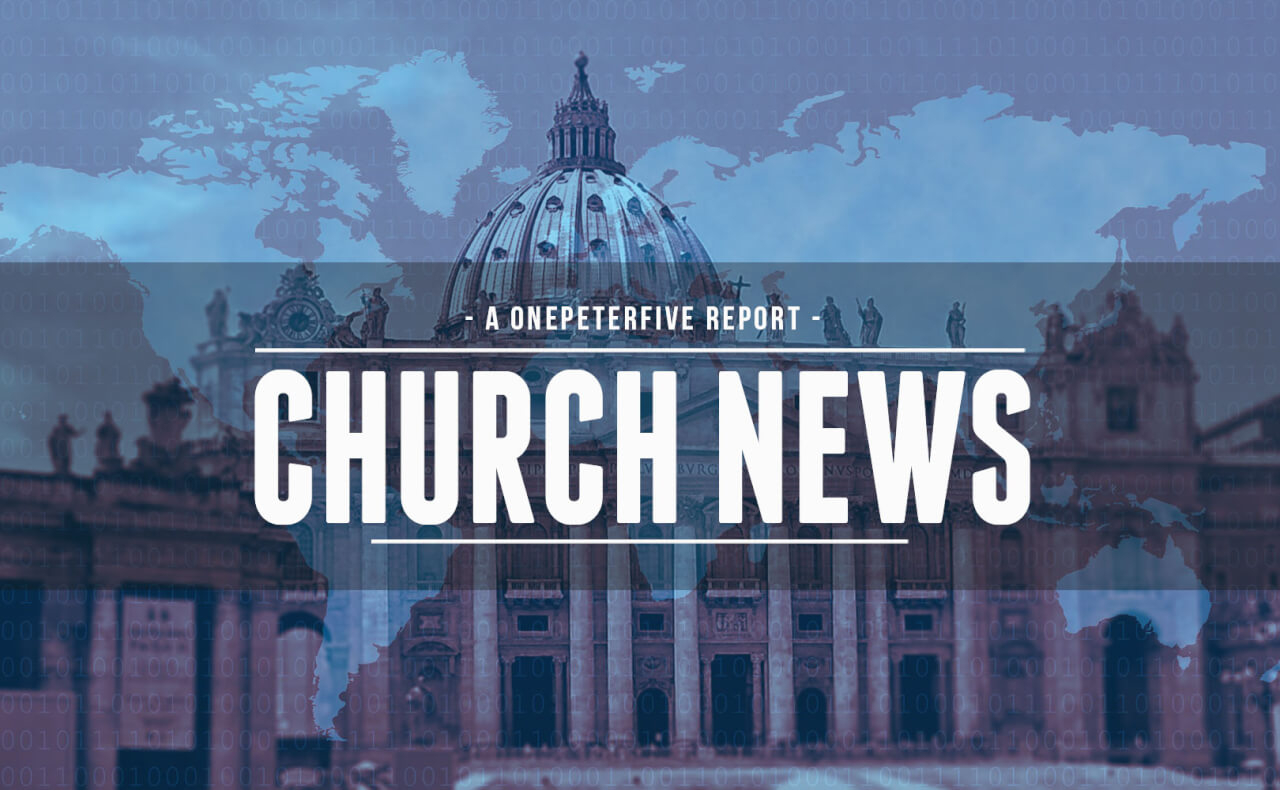In a lightning-fast response to criticisms, the new head of the Office Formerly Known as Holy, Tucho “Heal Me with Your Mouth” Fernández responded to his comments about “the doctrine of the Holy Father.”
Pentin summarises:
Archbishop Fernández said popes have two charisms: safeguarding the “deposit of faith” and a “living and active gift” that is “at work” only in the person of the Holy Father and no one else.
Now Fernández attempts to clarify:
If you follow the argumentation above that sentence [about the Pope having two charisms] you will understand the meaning to be as follows:
Only to Peter did Jesus Christ promise special assistance to ‘confirm the brethren in the faith.’ Therefore, it seems obvious that no one can say — directly or indirectly — that Francis does not have this assistance and that other, supposedly more orthodox bishops or priests, do have it. No one can attribute to himself this function and this charism that are proper only to the successor of Peter. This is quite obvious to a Catholic, but certainly not to a Protestant.
First, we thank the good bishop for his quick response to criticisms. That was a welcome change to the way things are.
However, this clarification only seems to undermine the very words of Vatican II in defence of the office of bishop:
Bishops, as successors of the apostles, receive from the Lord, to whom was given all power in heaven and on earth, the mission to teach all nations and to preach the Gospel to every creature, so that all men may attain to salvation by faith, baptism and the fulfilment of the commandments. To fulfill this mission, Christ the Lord promised the Holy Spirit to the Apostles, and on Pentecost day sent the Spirit from heaven, by whose power they would be witnesses to Him before the nations and peoples and kings even to the ends of the earth…
The pastoral office or the habitual and daily care of their sheep is entrusted to them completely; nor are they to be regarded as vicars of the Roman Pontiffs, for they exercise an authority that is proper to them, and are quite correctly called “prelates,” heads of the people whom they govern (Lumen Gentium, 24, 27).
The office of bishop is tasked directly from the Lord with the obligation to teach the Faith. The basics of this Faith have already been defined publicly and definitively. For instance, the requirements taught to First Communicants, like being in a state of grace. A bishop, or a First Communicant for that matter, does not need any special charism to know this truth. And yet, Pope Francis undermines this truth with his special “doctrine of the Holy Father.” This led bishops like Bishop Strickland to oppose him:
Moreover, every bishop by the very command of charity, is called to confirm his brethren in this faith. Not in an extraordinary, infallible way (reserved to the Pope alone), but merely in those things that have been defined.
As Vatican II itself says, no bishop needs to ask permission to confirm his brethren (even the Pope!) in the faith which they received at their first communion.
As we stated before, Fernández seems to be implying again that the charism of infallibility defined at Vatican I extends beyond the narrow instance of a definitive judgement to the whole of the “doctrine of the Holy Father.”
Or perhaps he is speaking that the charism of “confirming the brethren” is a different charism than infallibility?
So does Pope Francis have gnostic secret knowledge of the Faith or doesn’t he?
In other words, he seems to be reinforcing an excessive hyperpapalism.
This is quite obvious to a Catholic, but certainly not to a Protestant.
And if you’re not a hyperüberultramontanist, he seems to say, then you’re a Protestant.


